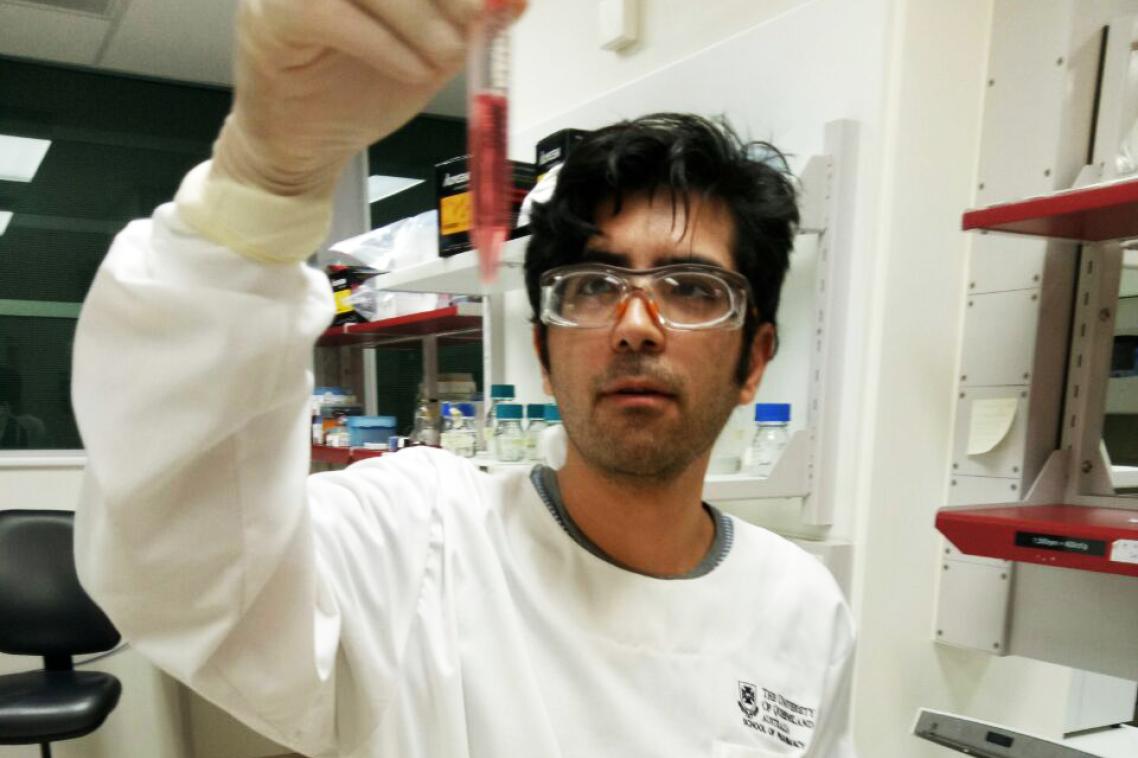Protein to control breast cancer progression identified

Switching off a protein produced in breast cancer cells can stop cancer progression, researchers from The University of Queensland have found.
Dr Iman Azimi from UQ School of Pharmacy and Mater Research Institute said, when breast cancer cells were made to stop producing a protein called TRPC1, some of the pathways important in breast cancer progression were deactivated.
“We identified TRPC1 as a regulator of several pathways that, when activated by hypoxia, are critical in breast cancer progression,” Dr Azimi said.
“As breast cancers grow, their supply of oxygen can decline. This is called hypoxia.
“This can trigger the breast cancer to become more aggressive and resistant to currently available therapies.”
The new study has helped define a potential new therapeutic target for the control of breast cancer progression.
“The work is most relevant to women who will develop breast cancer in the future, as these studies may enable the development of more effective therapies for breast cancers that become resistant to current therapies,” Dr Azimi said.
“This research is of global significance as it provides researchers a new understanding of the role of TRPC1 in the response of breast cancer cells to hypoxia and how breast cancers cells may become metastatic.”
The researchers hope these results will have an impact on breast cancer research and the thousands of women who die every year from breast cancer.
Breast cancer takes the lives of more than 2500 women in Australia each year, with less than a 30 per cent survival rate for women with metastatic disease.
Despite significant advances in the development of new therapies, breast cancer still accounts for 15.5 per cent of all cancer deaths in Australian women.
“We are very excited about these findings that we aim to be used in future drug development research to improve current therapeutic interventions,” Dr Azimi said.
Dr Azimi completed the study with senior investigator Professor Greg Monteith from UQ’s School of Pharmacy.
The research has been published in the Journal of Cell Science.
Media: Dr Iman Azimi i.azimi@uq.edu.au, +61 7 3346 1856; Kirsten O’Leary, UQ Communications, kirsten.oleary@uq.edu.au, +61 7 3365 7436.
Related articles

New data reveals how Australia’s threatened reptiles and frogs are disappearing – and what we have to do

Sunlight-powered breakthrough turns methane into valuable ethylene
Media contact
UQ Communications
communications@uq.edu.au
+61 429 056 139
